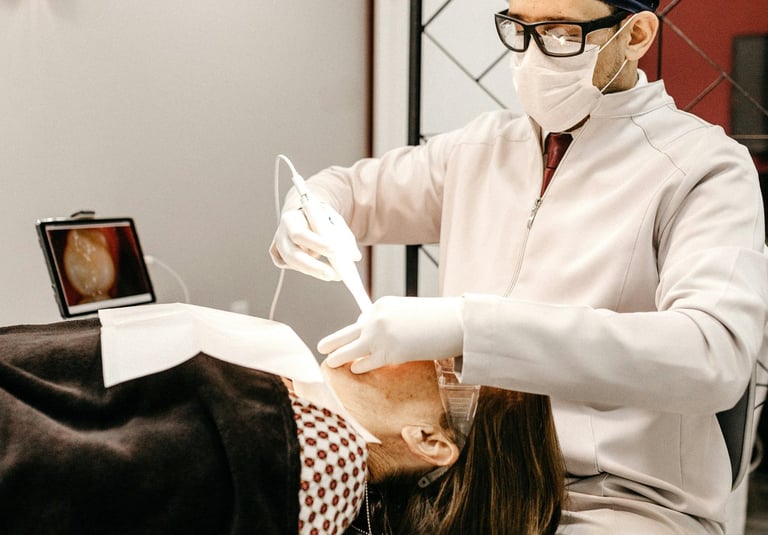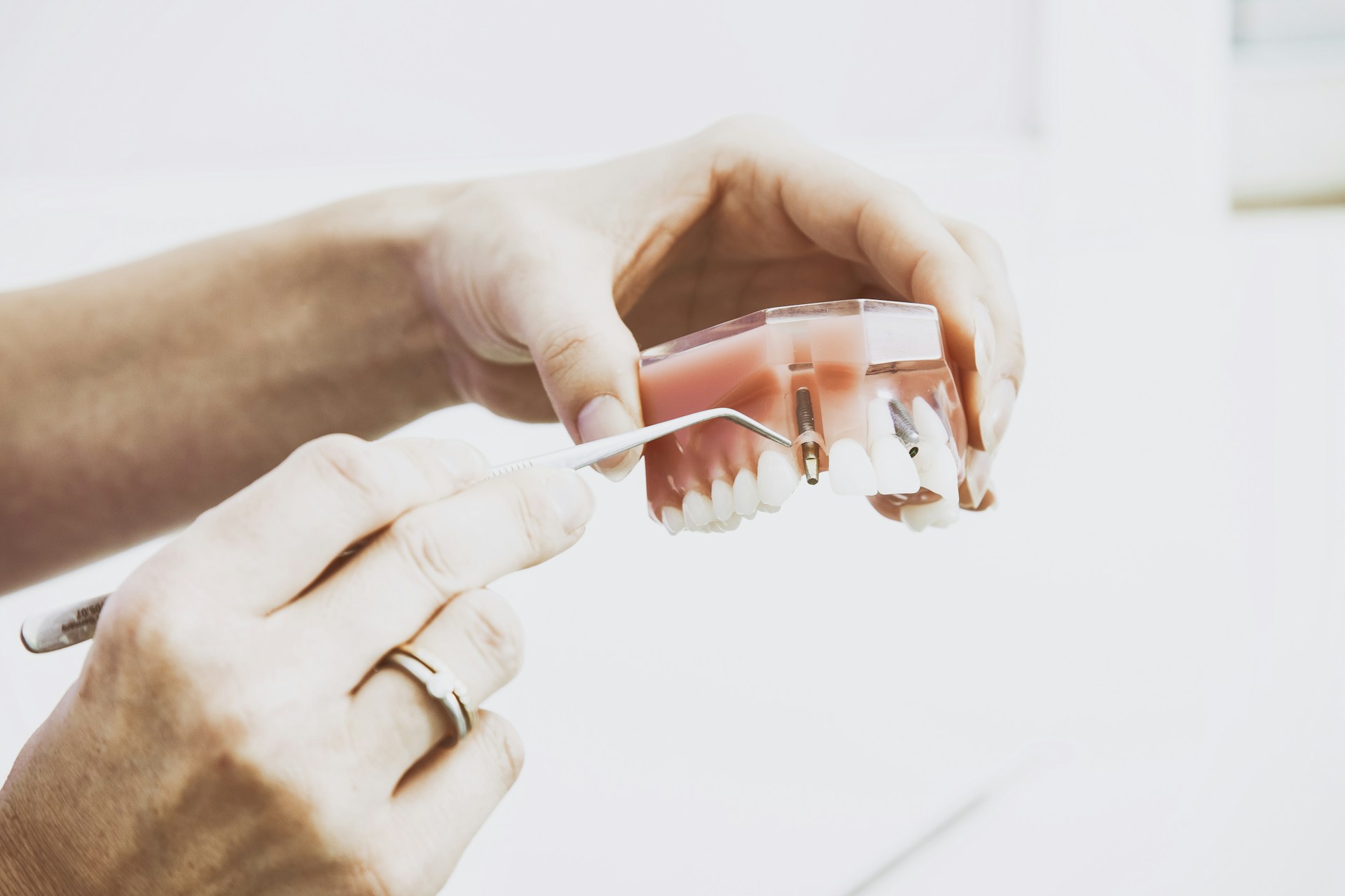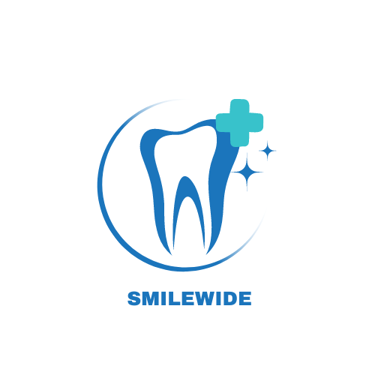SMILE- It costs nothing !!!
Dental Cleaning: Procedure, Benefits, and Time Taken
Discover the advantages of regular dental cleanings and learn how long a dental cleaning typically takes. Find out more about the dental cleaning procedure and its numerous benefits.
3/21/20243 min read


How Long Does Dental Cleaning Take ?
Are you considering getting a dental cleaning but unsure about how long the process takes?
In this article, we will discuss the dental cleaning procedure and the benefits of regular dental cleanings.
Dental Cleaning Procedure
First and foremost, it's essential to understand what happens during a dental cleaning.
A typical dental cleaning appointment usually lasts between 30 minutes to an hour, depending on the condition of your teeth and gums. The process typically involves the following steps:
Initial Examination: The dental hygienist will first examine your teeth and gums to identify any signs of oral health issues.
Removing Plaque and Tartar: Using specialized tools, the hygienist will then remove plaque and tartar buildup from your teeth. This step is crucial in preventing gum disease and cavities.
Cleaning and Polishing: Once the plaque and tartar are removed, your teeth will be thoroughly cleaned and polished to remove any surface stains.
Fluoride Treatment: In some cases, a fluoride treatment may be applied to strengthen your teeth and prevent decay.
Overall, a dental cleaning is a simple and painless process that can greatly improve your oral health.
Advantages of Regular Dental Cleaning
Now that you know how a dental cleaning works, let's discuss the benefits of getting regular cleanings:
Prevention of Gum Disease: Regular dental cleanings help prevent gum disease by removing plaque and tartar buildup that can lead to inflammation and infection.
Early Detection of Dental Issues: During a cleaning, your dental hygienist can spot early signs of cavities, gum disease, and other oral health problems. This early detection can help prevent more serious issues down the road.
Whiter, Brighter Smile: Professional cleanings can remove surface stains and give you a brighter, whiter smile. This can boost your confidence and improve your overall appearance.
Better Breath: Bad breath is often caused by bacteria in the mouth. Regular cleanings can help eliminate these bacteria and leave your breath smelling fresh.
Who Should Get a Dental Cleaning?
1. Everyone
It's recommended that everyone should get a dental cleaning at least twice a year. Regular cleanings help prevent oral health problems and keep your teeth and gums in top condition.
Even if you have no apparent dental issues, regular cleanings are essential for maintaining overall oral health.
2. Children
Children should start getting dental cleanings as soon as their first teeth emerge.
Early dental cleanings help establish good oral hygiene habits and prevent future dental problems.
Children are especially susceptible to cavities, so regular cleanings are crucial for their dental health.
3. Adults
Adults of all ages should prioritize regular dental cleanings.
As we age, our risk of dental issues such as cavities and gum disease increases.
Regular cleanings help catch and treat problems early, preventing more significant issues down the road.
4. Pregnant Women
Pregnant women should make sure to schedule a dental cleaning during their pregnancy.
Hormonal changes during pregnancy can increase the risk of gum disease, so regular cleanings are essential for maintaining oral health during this critical time.
5. Smokers
Smokers are at a higher risk of developing gum disease and other oral health issues.
Regular dental cleanings are crucial for smokers to help prevent these problems and maintain healthy teeth and gums.
6. Those with Chronic Health Conditions
If you have chronic health conditions such as diabetes or heart disease, regular dental cleanings are even more important.
These conditions can increase your risk of oral health problems, making regular cleanings essential for maintaining overall health.
7. Those with a History of Dental Issues
If you have a history of dental issues such as cavities or gum disease, it's crucial to stay on top of your dental cleanings.
Regular cleanings help prevent these issues from recurring and keep your smile healthy.
In conclusion, getting regular dental cleanings is essential for maintaining good oral health and preventing various dental issues.
So, don't wait any longer - schedule your dental cleaning today and reap the benefits of a healthy smile!


Contact Smiles
drdeepi15@gmail.com
Dr. Deepika B.D.S
© 2025 SmileWide Dental. All Rights Reserved.
Have doubts ..?
